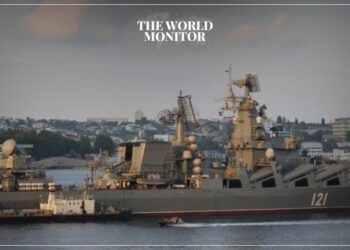Russia has pledged to counter the perceived threats to its national security posed by the increasing military presence of the North Atlantic Treaty Organization (NATO) near its borders. Maria Zakharova, the spokesperson for the Russian Foreign Ministry, emphasized during a Wednesday press conference that Russia would not leave NATO’s military enhancements near its borders unaddressed and would take necessary defensive measures to mitigate threats to its national security, as reported by the Russian news agency TASS.
Upcoming NATO Exercise Raises Concerns
Zakharova pointed out that the upcoming Northern Response exercise under the auspices of NATO, scheduled for March, will involve more than 20,000 soldiers from 14 countries, participating in drills in the northern parts of Norway, Finland, and Sweden. She warned that this new round of military activity could lead to further escalation of tensions in the European Arctic region.
Russian Official Criticizes U.S. Policy
Additionally, Vladimir Yermakov, Director of the Department for Non-Proliferation and Arms Control at the Russian Foreign Ministry, today critiqued the United States’ “hostile” policy towards Russia, suggesting it is unlikely to change in the near future. Yermakov stated that Russia’s stance on the conditions for resuming strategic interactions with the Americans is principled and unaffected by the internal political climate in the U.S. or the administration in charge in Washington.
Russia’s Firm Stand on Foreign Policy Priorities
Considering the entrenched anti-Russia sentiment among what he referred to as the American “elites,” Yermakov advised against expecting a swift and drastic shift in the U.S.’s destructive course. He emphasized that attempting to predict American intentions is futile and assured that Russia would continue to steadfastly defend its foreign policy priorities, expecting Washington to simply take this into account.
This development comes amid heightened tensions between Russia and NATO members, with both sides taking steps that have contributed to an increasingly strained geopolitical climate.






